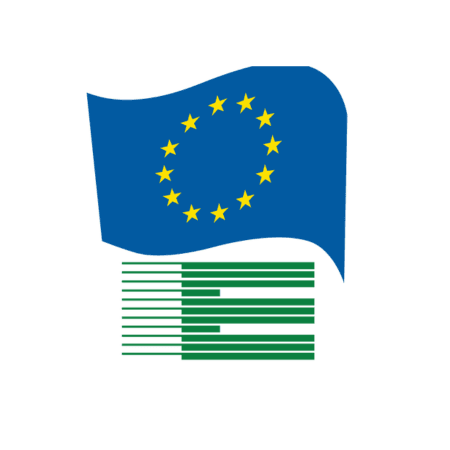The last EU-AU summit took place in 2022 and since then there have been many backward steps taken by the European Union and its member States towards the countries of sub-Saharan Africa and in particular towards those with a GDP dramatically below the world average, those suffering more than others from the effects of climate change and those facing the African debt crisis.
An alarm was echoed in Italy by Paolo Gentiloni, who wrote of a “silent crisis in this time of world disorder” that has affected the poorest countries of Africa, responding to the concerned analyses of the United Nations – which show their usefulness in this – and the strong expressions of Pope Bergoglio that Pope Prevost also spoke of.
Paolo Gentiloni writes about it as an informed witness to the facts as co-chairman of the group of experts created by Antonio Guterres within the United Nations in view of the international Conference that will take place at the end of June in Seville and that should initiate a reflection to look for ways to finance global development.
Paolo Gentiloni reminds us that the crisis erupted from the unsustainable growth of debt servicing costs, i.e. from a liquidity crisis created by various factors influenced by COVID, Russia’s aggression against Ukraine, higher energy and food prices, the cut in resources earmarked for public aid to developing countries leading to a “development default” with the consequence that debt interest costs more than health and education spending and that there will be a severe limitation in the development of human capital and an accentuation of migratory pressures.
We wonder what proposals the EU foreign ministers will come up with at the 21 May meeting in front of the African Union foreign ministers when they discuss peace, multilateralism, prosperity, people and mobility, and whether they will have the dignity to admit the mistakes made since 2022 and the steps backward from the goals of peace, prosperity and mobility of people.
It is necessary to disseminate to journalists – who attend the meeting on 21 May, the European Council at the end of June and the 6th EU-AU Summit – the SIPRI data on the arms trade between EU countries and sub-Saharan African countries where armed conflicts have grown over the last five years, pointing out that this trade has increased from 11% to 28% in the global sale of instruments of death and that imports of these instruments of death by sub-Saharan Africa worldwide has increased from 2. 2 to 4.2 per cent in the past five years.
In order to defend the idea of a “Europe of bridges” against a “Europe of walls”, we will also disseminate the letter of the more than fifty non-governmental organisations in which they contested in December 2023 the ill-fated agreement between the Council and the European Parliament on changes to the regulations on migration policies and the reception of asylum seekers and those entitled to temporary international protection that was applied to Ukrainians and that should be applied to those suffering the effects of armed aggression in Gaza, in Yemen, Sudan and other African countries ravaged by military conflicts, explaining how immigrants from Africa are extremely productive in the countries they emigrate to and how their savings sent back to their countries of origin far exceed international aid.
It will be necessary to further disseminate data on the role of European multinationals that use Africa as a dumping ground for toxic waste, and to narrate the European policies that prevent African countries from protecting local production in the name of “free trade” when in the European Union agriculture and livestock breeding are instead strongly protected
We need an innovative partnership between Europe and Africa in the interest of Africa’s development and to help the strategic autonomy of the European Union in the world.
Pier Virgilio Dastoli
Rome, 21 May 2025


